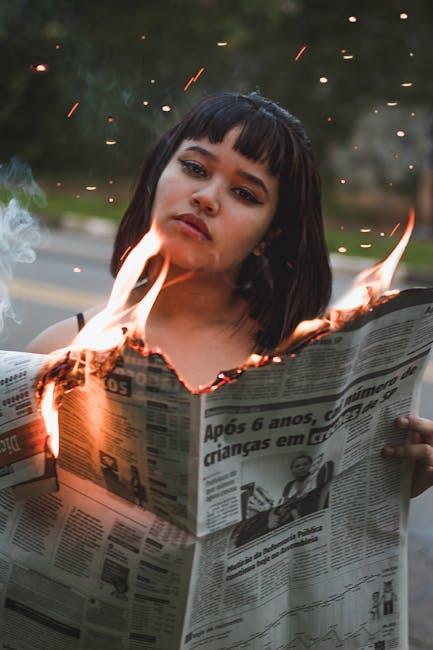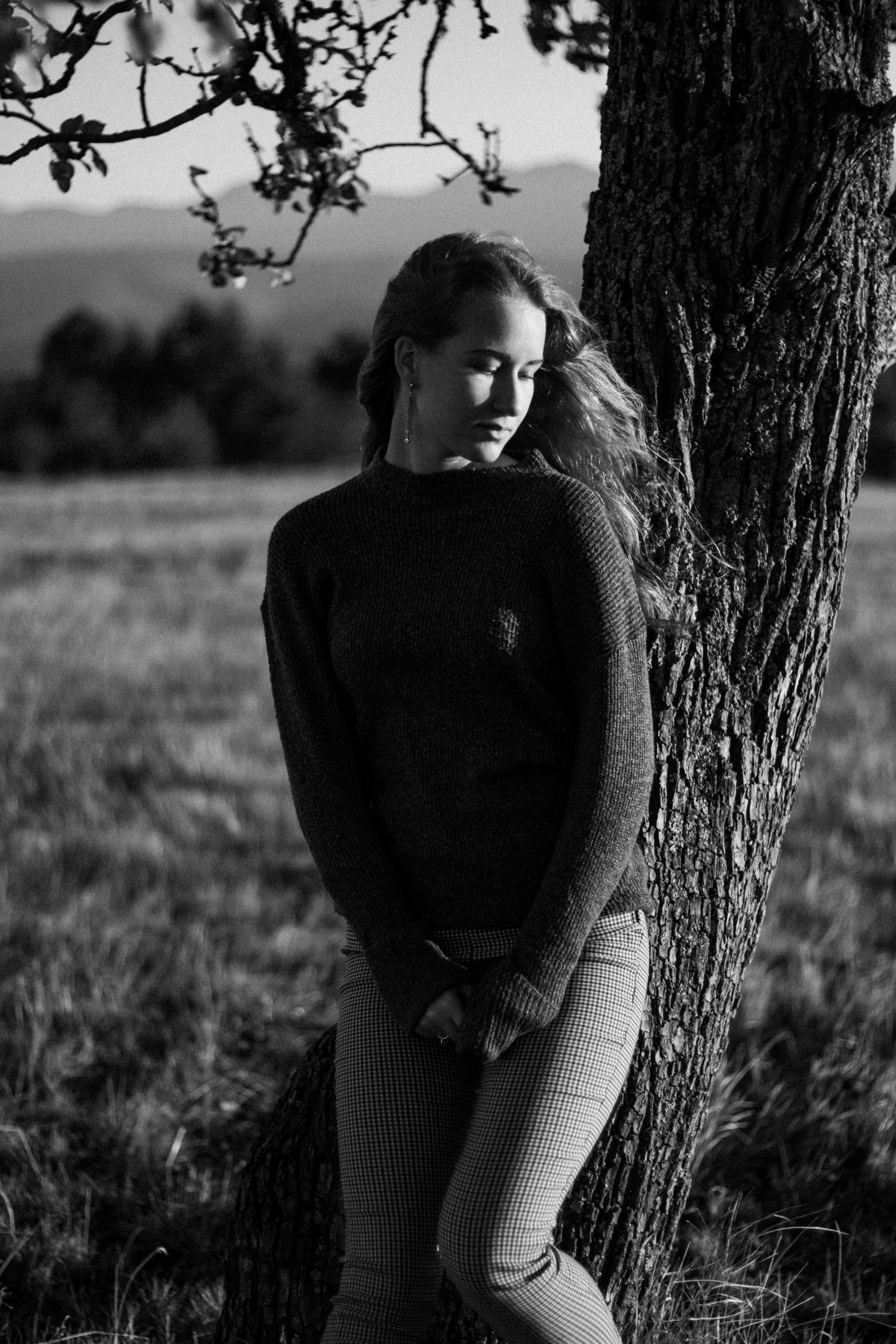In the ever-evolving landscape of cinema, films often serve as powerful mediums that transcend mere entertainment to provoke thought and stimulate discourse. The intersection of art and politics within this medium is particularly compelling, offering a rich tapestry for analysis and reflection. This article delves into a provocative film that masterfully intertwines these two realms, challenging viewers to reconsider their perceptions and engage with pressing societal issues. By examining the film’s narrative structure, visual aesthetics, and thematic undercurrents, we aim to uncover how it not only reflects but also critiques contemporary political landscapes, ultimately illustrating the profound impact of artistic expression on public consciousness.
Impact of Historical Context on Artistic Expression
The film deftly illustrates how the historical context of its setting shapes the artistic expression of its characters. In an era marked by political upheaval and social unrest, the characters’ creative outputs are tinged with the urgency and fervor of their times. The director employs a variety of artistic mediums—ranging from visual art to music—to convey the complexities of the political landscape.
Key elements of the film’s artistic expression include:
- Symbolism: The use of symbols to represent political ideologies and social movements.
- Satire: Employing humor and irony to critique authority figures and societal norms.
- Realism: A commitment to depicting the gritty realities of life during the historical period.
- Abstract Art: Utilizing abstract forms to evoke emotional responses and provoke thought.
By intertwining these artistic elements with the historical context, the film not only entertains but also educates its audience on the intricate relationship between art and politics.

Analyzing Political Symbolism and Themes
The film’s intricate use of political symbolism serves as a powerful tool for conveying its underlying themes. Through visual metaphors and allegorical characters, the narrative draws parallels to contemporary socio-political issues. For instance, the recurring image of a broken chain symbolizes the quest for freedom and the struggle against systemic oppression. Additionally, the protagonist’s journey mirrors the plight of marginalized communities, challenging viewers to reflect on their own societal structures.
Key thematic elements are further underscored by the film’s setting and character dynamics. Consider the following points:
- Setting: The dystopian backdrop not only creates a sense of urgency but also highlights the consequences of unchecked power.
- Character Archetypes: Each character represents a different facet of the political spectrum, from the idealistic reformer to the authoritarian ruler.
- Dialogue: Sharp, poignant dialogue often serves as a critique of real-world political rhetoric, urging the audience to question and analyze.
By weaving these elements together, the film crafts a narrative that is both compelling and thought-provoking, encouraging viewers to engage in a deeper discourse about the intersection of art and politics.

Character Development as a Reflection of Societal Issues
In this film, the intricate journey of each character serves as a mirror reflecting the multifaceted societal issues that pervade our world today. Through meticulous storytelling and nuanced performances, the narrative delves into themes such as:
- Economic Disparity: Characters from different social strata navigate the complexities of wealth and poverty, highlighting systemic inequalities.
- Gender Roles: The film challenges traditional gender expectations, showcasing characters who defy societal norms and those who are constrained by them.
- Racial Tensions: Interactions among characters of diverse backgrounds reveal underlying prejudices and the struggle for racial justice.
- Political Corruption: A subplot involving political machinations underscores the pervasive influence of power and corruption.
These elements are not just backdrop; they are intricately woven into the characters’ development, making their personal arcs a poignant commentary on the broader societal landscape. Each character’s evolution—or lack thereof—serves as a lens through which the audience can examine their own world, prompting introspection and dialogue.

Recommendations for Further Viewing and Study
For those intrigued by the complex dynamics between art and politics showcased in this film, further exploration can be immensely rewarding. Here are some highly recommended films and resources that delve deeper into similar themes:
- Films:
- The Battle of Algiers – A gripping portrayal of the Algerian struggle for independence that blurs the lines between documentary and fiction.
- Persepolis – An animated film that offers a poignant, personal perspective on the Iranian Revolution.
- Waltz with Bashir – An innovative animated documentary exploring the 1982 Lebanon War through the eyes of an Israeli soldier.
- Books:
- The Politics of Aesthetics by Jacques Rancière – A seminal text that explores how art shapes and is shaped by political forces.
- Art and Politics: A Small History of Art for Social Change Since 1945 by Claudia Mesch – An insightful overview of how art has been used as a tool for political expression and activism.
These selections provide a rich tapestry of perspectives and narratives, offering valuable insights for anyone keen on understanding the intricate interplay between artistic expression and political context.































